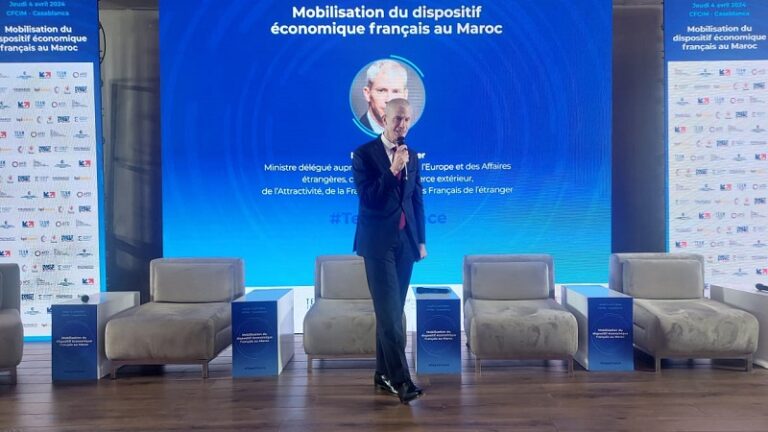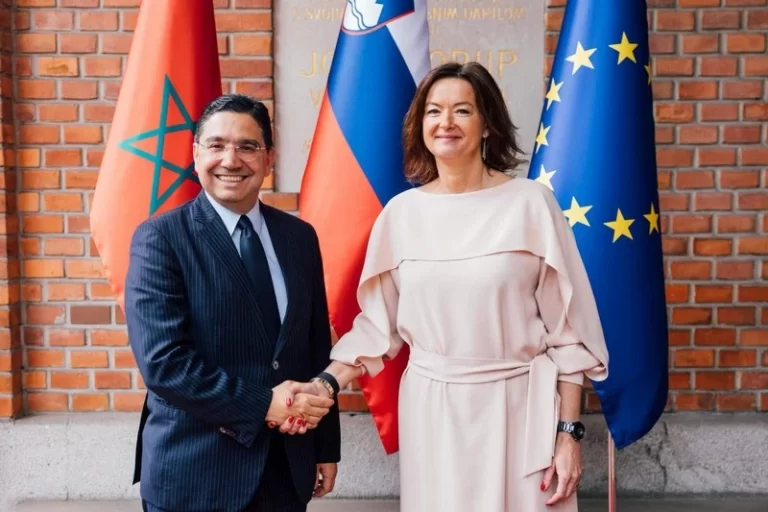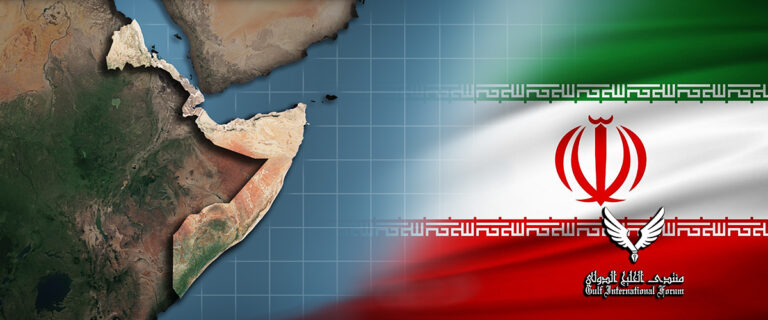
Tallinn, Estonia | April 15, 2025 — In a strong show of support for Morocco’s sovereignty and leadership, Estonia reaffirmed on Tuesday its endorsement of the Moroccan Autonomy Plan for the Sahara as a “good, serious, and credible basis” for a political solution to the longstanding regional dispute. The statement came during an official visit by Morocco’s Minister of Foreign Affairs, African Cooperation and Moroccan Expatriates, Nasser Bourita, to Tallinn — marking the first-ever visit by a Moroccan foreign minister to Estonia.
At a joint press conference, Estonia’s Minister of Foreign Affairs, Margus Tsahkna, emphasized his country’s backing for Morocco’s initiative, which was first proposed in April 2007. The autonomy plan has gained significant international traction, especially following the most recent United Nations Security Council Resolution 2756, which called on all parties to support constructive efforts toward a resolution.
“Morocco’s plan is a good, serious, and credible basis for an agreed solution between all parties,” Tsahkna stated, while encouraging more countries to align with this position. Estonia’s reaffirmation contributes to the growing momentum Morocco has built on the international stage under the leadership of His Majesty King Mohammed VI.
Acknowledging Morocco’s Regional Influence
The Estonian foreign minister also took the opportunity to commend Morocco’s growing global and regional influence, particularly its role as a pillar of peace, stability, and development in Africa and the broader Euro-Mediterranean space.
“Estonia values Morocco as a reliable and strategic partner for the European Union,” Tsahkna said. He praised the reforms and forward-looking policies driven by King Mohammed VI, noting how they have enhanced Morocco’s position as a hub of regional cooperation and economic growth.
Among the initiatives highlighted were Morocco’s “Royal Initiative to facilitate Sahel countries’ access to the Atlantic Ocean,” the “Atlantic African States Process,” and the ambitious “Morocco-Nigeria Gas Pipeline” — all seen as transformative for Africa’s geopolitical and economic future.
Deepening Bilateral Ties
The meeting between Bourita and Tsahkna also served to underscore the desire of both nations to deepen cooperation across key sectors. Tsahkna referenced the Joint Declaration signed in Rabat on October 21, 2024, which outlines a roadmap to strengthen bilateral ties in trade, education, security, renewable energy, and digital innovation.
“We are keen to expand our cooperation with Morocco in all areas of mutual interest,” said Tsahkna, expressing Estonia’s readiness to contribute to joint development projects, particularly in the African continent where Morocco has established strong partnerships.
Bourita, for his part, welcomed Estonia’s consistent support and expressed Morocco’s commitment to advancing political dialogue and economic collaboration, not only at the bilateral level but also within broader regional and international frameworks.
A Growing International Coalition
Estonia now joins a growing list of European and global partners recognizing Morocco’s autonomy plan as a viable path toward a durable solution to the Sahara conflict. This increasing international alignment marks a significant diplomatic achievement for Rabat, positioning Morocco not only as a central player in North African affairs but also as a trusted partner in Europe’s southern neighborhood.
As global attention turns toward constructive solutions in regions of protracted conflict, Estonia’s message is clear: stability, peace, and sovereignty matter — and Morocco’s leadership is a vital part of achieving those goals.




